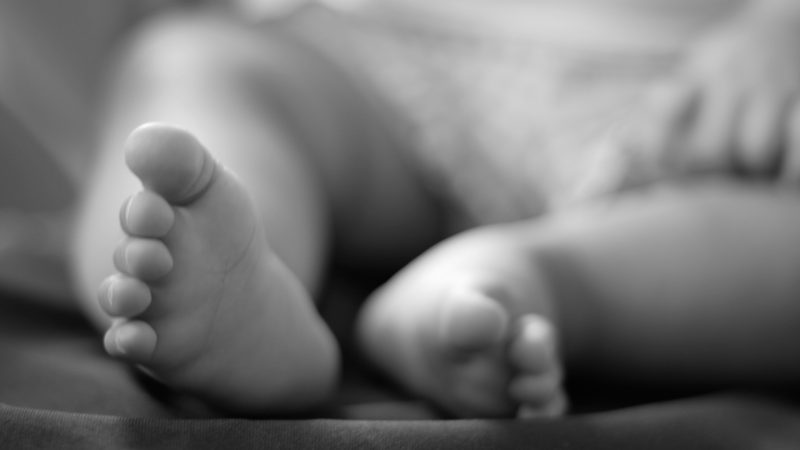“This report paints a stark and deeply worrying picture of the impact of deprivation and inequality."

Babies born to women from deprived backgrounds or from Black, Asian or ethnic minority backgrounds are at higher risk of stillbirth or neonatal death, a new report has found.
The research by MBRRACE-UK, which looked at the rates of stillbirths and neonatal deaths during 2019, found that while overall deaths are declining, there is still an urgent need to improve care for some mothers.
Babies born to women in the most deprived areas are twice as likely to be stillborn and are at a 73% excess risk of neonatal death, compared to women living in least deprived areas. This risk has increased between 2015 to 2019.
Mortality rates are higher for babies of Black ethnicity, with stillbirth rates over twice what they are for babies of white ethnicity. Neonatal mortality rates are 43% higher.
There is also a multiple impact of ethnicity, mother’s age and deprivation.
This is highlighted by a stillbirth rate of 10.54 per 1,000 total births for babies of Black and Black British ethnicity and 6.91 per 1,000 total births for babies of Asian and Asian British ethnicity born to mothers aged over 35 years living in the most deprived areas.
Gill Walton, Chief Executive of the Royal College of Midwives, said: “This report paints a stark and deeply worrying picture of the impact of deprivation and inequality, and a health and social system that is failing mothers, their babies and their families.
“Babies are dying that should not in one of the world’s richest nations with one of the most advanced economies. This is shameful and it reflects the lack of investment in health and social care.
“It also shows the lack of resolve and determination on the part of current and previous governments to address and reverse the gaping and widening inequality gap in this country.”
The report recommends that a research programme be initiated to inform the development of effective interventions to address health inequalities and reduce stillbirth and neonatal mortality rates.
It further recommends that focused initiatives are developed to reduce stillbirths and neonatal deaths among groups of mothers at the highest risk, informed by the multidimensional effects of ethnicity, deprivation and mother’s age.
Commenting on the report, Dr Eddie Morris, President of the Royal College of Obstetricians and Gynaecologists, said: “It is clear that there needs to be a multidimensional approach to address the wider impact socioeconomic position and ethnicity is having on the quality of care received.
“Healthcare professionals, policy makers, and public health services are all aware that women from more deprived backgrounds and women of Black and Asian and ethnic minority backgrounds are consistently being let down by the healthcare system.
“There is an urgent need to work together, eliminating the unnecessary increased risk to these women.”
An NHS England spokesperson said: “The NHS is one of the safest places in the world to give birth, and this report shows that rates of stillbirth overall have reduced by more than 20 per cent since 2013.
“In England, we are continuing to take steps to reduce stillbirths and neonatal deaths, and have launched a programme of activity to tackle inequalities in maternity services, including issuing a new equity strategy last month and fast-tracking care for communities at higher risk through our ongoing continuity of carer programme.”
Alexandra Warren is a freelance journalist.
To reach hundreds of thousands of new readers and to make the biggest impact we can in the next general election, we need to grow our donor base substantially.
That's why in 2024, we are seeking to generate 150 additional regular donors to support Left Foot Forward's work.
We still need another 124 people to donate to hit the target. You can help. Donate today.



